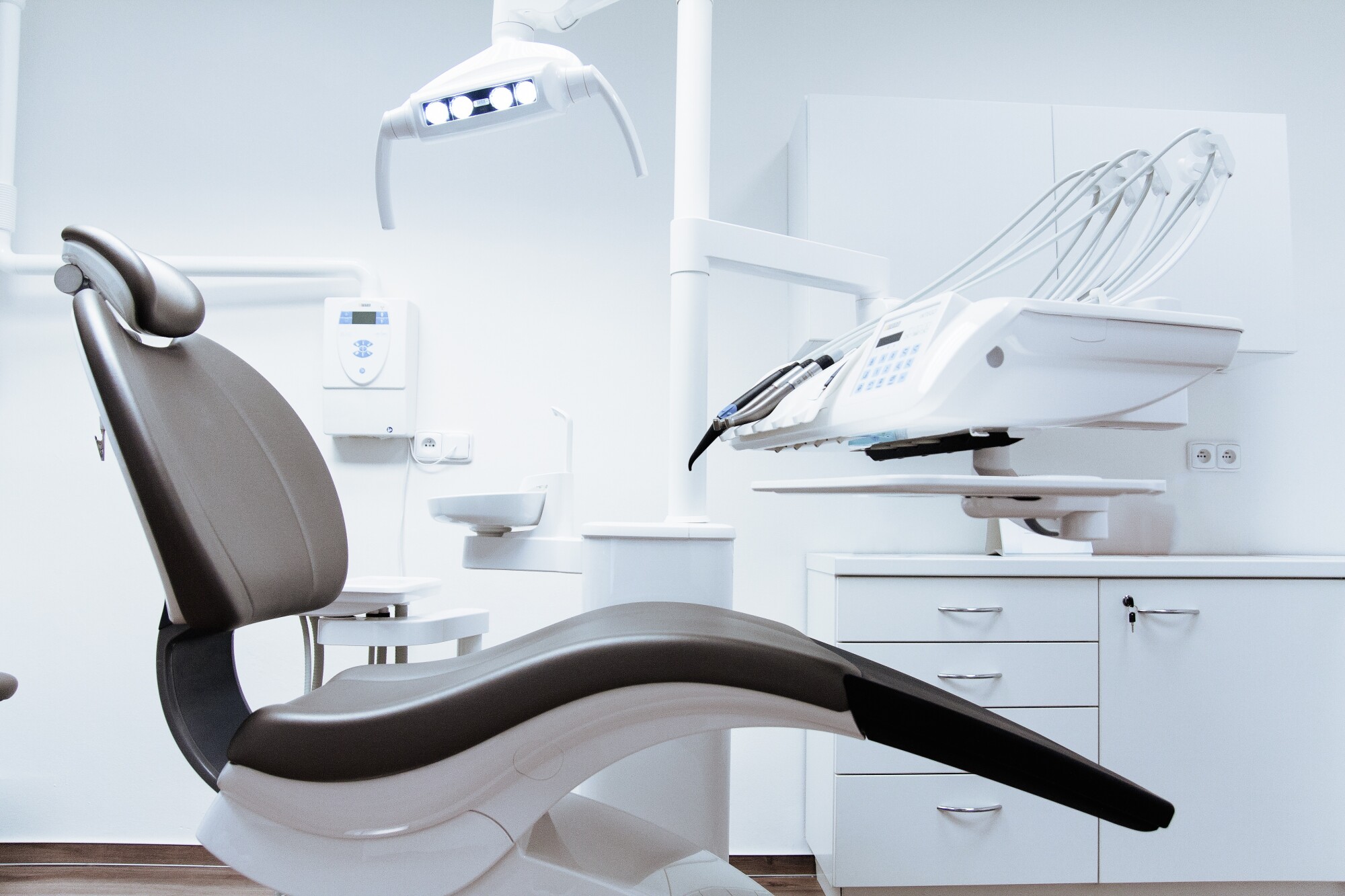Getting Your Daily Fix: The 9 Best Women’s Vitamins to Take Every Day

Vitamin deficiencies contribute to more negative symptoms in the body than you’d ever expect. Fatigue, muscle cramps, digestive issues, even thyroid health can be associated with nutritional deficiency.
American women are especially at a high risk for deficiency, which could be a result of the western diet or a number of other factors. Luckily, there are supplements you can take to help keep your body healthy. Read on to find out which women’s vitamins and supplements are most essential for overall health.
Is a Multivitamin Enough?
Many quality multivitamins exist on the market today that are designed for women’s needs. The fact is, however, that no two women are alike. Some multivitamins may be absent of essential nutrients you need because of your diet or medical health.
Vegetarians, for example, often struggle to maintain high levels of vitamins we get specifically from meat. Pregnant or nursing women may need to supplement their regular vitamin intake with nutrients specifically for healthy fetal development.
It’s important to learn more about your particular needs by discussing it with your doctor so you can choose supplements tailored to your specific diet and lifestyle.
Folic Acid/Vitamin B9
For women of childbearing age, folic acid is an important component of their diet. Whether planning to have children or not, folic acid contributes to many important aspects of women’s wellness. It helps support brain function and cell reproduction and can help with mood balance.
Especially for pregnant women or those trying to conceive, folic acid is essential. Prenatal vitamins have a high folic acid content for this reason. Taking a prenatal supplement for up to 6 months before pregnancy can help fetal development and reduce the risk of birth defects.
Iron
Iron deficiency is common in women. Athletes, vegetarians, and those with moderate or severe menstrual cycles are especially at risk. Iron is essential for the production and function of red blood cells, which ensure you get enough oxygen carried throughout the body.
Those with consistently low iron levels can develop anemia. It is possible to take too much iron, so it’s important to work with your family doctor to find out if you are deficient and by how much.
Antioxidants
Vitamins A, C, and E are important antioxidants that support healthy skin and fight free radical damage in the body.
These essential vitamins provide immune system support, eye health, and aid in the production of collagen, which keeps skin supple and youthful. All of these supplements may help aid in the healing process, and Vitamin E can even be used topically to minimize scarring.
Fish Oil
Rich in Omega-3 fatty acids, this supplement is key in brain and heart function. The many benefits include lower blood triglycerides, joint health, and inflammation reduction.
Especially for older women, omega-3s provide essential nutrients for the brain to keep you sharp and fight against mental decline. In addition to balancing brain function, omega-3 can help with issues such as ADHD, depression, and more.
Vitamin B-Complex
B-complex is composed of thiamine, riboflavin, pantothenic acid, niacin, B6, biotin, B12, and folic acid. Together they have a variety of benefits including sleep health, digestion, energy, and mood support. These vitamins aid in proper metabolism, and even hormone regulation.
Use of B-complex can ward off fatigue and combat sugar cravings.
In addition, B-complex is essential for cardiovascular health and contribute to healthy levels of cholesterol.
Vitamin D and Calcium
Vitamin D is important for the absorption of calcium, which many women lack especially in their later years. Taken together, these vitamins help ward off osteoporosis and keep bones strong.
Our best resource for Vitamin D is the sun, but many adults do not get enough unprotected sun exposure to absorb the Vitamin D necessary. Instead of worrying about the damaging effects of UV exposure, you can up your Vitamin D intake to keep your levels up even in the winter time.
Melatonin
In a world of late-night Netflix binges and regular overtime, our bodies often struggle to maintain a healthy sleep pattern. Disrupting your circadian rhythm, also known as your body’s natural clock, can have dire consequences.
Your body produces melatonin as a chemical signal that it’s time to go to sleep. If you aren’t getting enough, you might suffer from restless nights or even insomnia. Taking a melatonin supplement can help regulate your sleep cycle and ensure you are getting the proper rest for your body to have peak function.
Magnesium
Our natural levels of magnesium are depleted by everything from caffeine, medication, stress, and more. Low magnesium levels can cause cramps, constipation, muscle soreness and weakness, and sleep problems. Magnesium is essential for hundreds of processes in the body, but it is becoming harder to attain through our diets.
Vitamin K
Not only is Vitamin K important for strong bones, it also aids in blood clotting and heart disease prevention. Individuals who do not consume enough of this important nutrient are at higher risk for cardiovascular problems.
If you have IBS, take extended antibiotics, or are on cholesterol medication, you’re at a higher risk for Vitamin K deficiency.
Other Supplements Besides Women’s Vitamins
Though not essential vitamins or minerals, these supplements are a popular choice among women for their helpful effects. As always, consult with your doctor before taking them to make sure they are right for you.
Black Cohosh
For hormonal support, black cohosh is a highly recommended herbal supplement. Women often use this supplement for menopause symptoms such as hot flashes. Black cohosh can aid in healthy aging, cramps, and other female ailments.
Turmeric
Made from a root, this supplement is often found as a spice in Indian food. Turmeric has been a medicinal staple for centuries in traditional Indian medicine. It’s also known to be a powerful antioxidant, and good for joint health.
Probiotics
Probiotic supplements maintain a healthy level of digestive flora in the gut. These friendly bacteria are essential for healthy digestion and stomach function. Use of antibiotics or other medications can reduce the level of healthy bacteria, which can lead to problems such as nutrient absorption.
Good bacteria in the body can help lower cholesterol, contribute to brain and heart health, keep you regular, and even help with weight loss.
Stay Healthy
Although a nutrient-rich diet provides us with many of the essential vitamins we need, American women are at a high risk of nutritional deficiency. Women’s vitamins, while not a substitute for a healthy diet, can aid in your overall wellness where you are otherwise lacking.
For more useful tips about your health and wellness, visit our tips category today.



